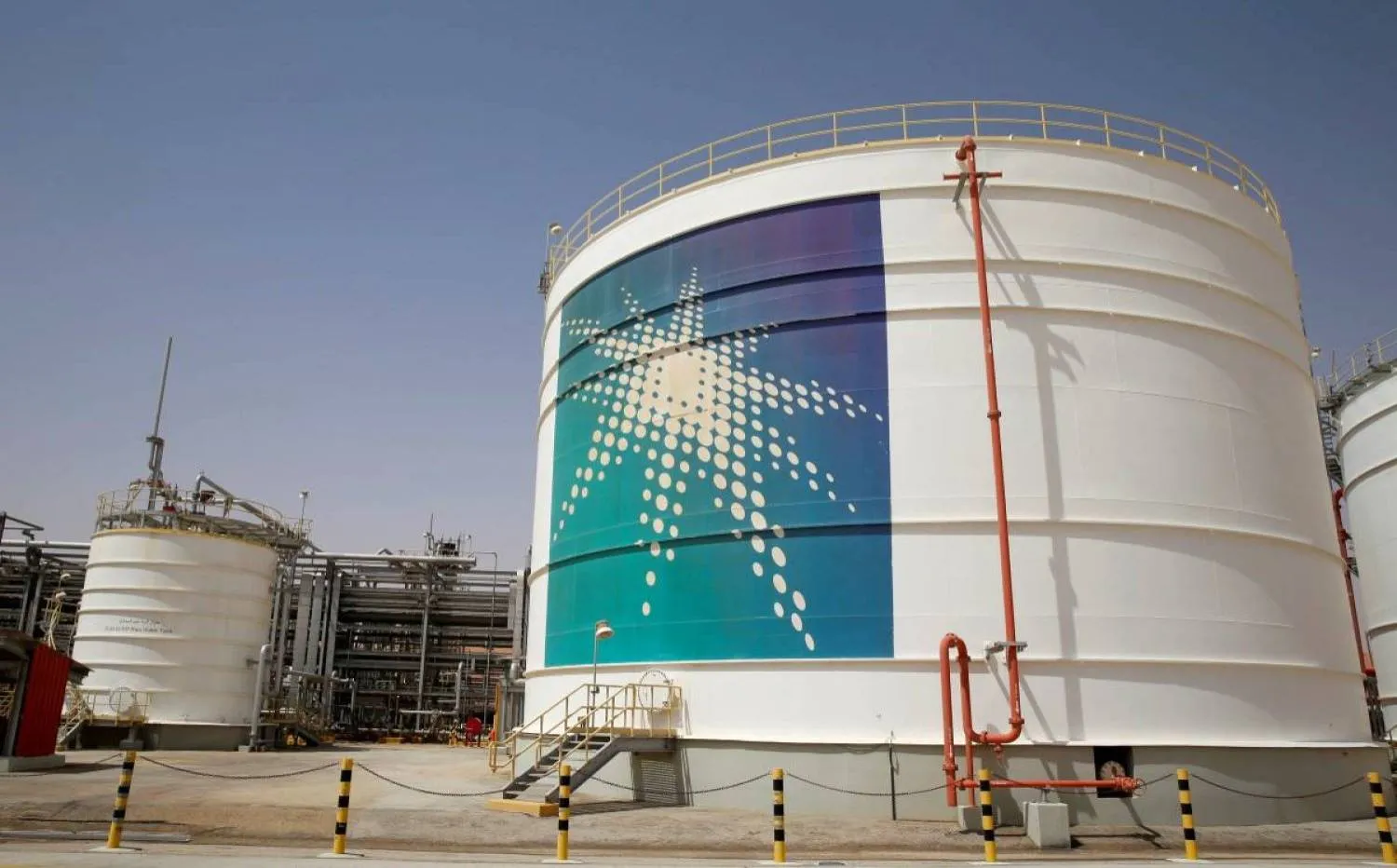Saudi Arabia's crude oil exports fell to 6 million barrels per day from 6.413 million bpd in March, data from the Joint Organizations Data Initiative (JODI) showed on Monday.
The decline in Saudi exports comes in line with the OPEC+ agreement to cut production, in order to maintain market stability.
OPEC+ has implemented a series of output cuts since late 2022 to support the market amid rising output from the United States and other non-member producers and worries over demand as major economies grapple with high interest rates.
OPEC+ members are currently cutting output by a total of 5.86 million barrels per day (bpd), or about 5.7% of global demand. Those include 3.66 million bpd of cuts, which were due to expire at the end of 2024, and voluntary cuts by eight members of 2.2 million bpd.
On June 2, OPEC+ agreed to extend most of its deep oil output cuts well into 2025 as the group seeks to shore up the market amid tepid demand growth, high interest rates and rising rival US production.
OPEC+ will also gradually phase out the cuts of 2.2 million bpd over the course of a year from October 2024 to September 2025. Eight countries, including Russia, had already pledged to cut production.
Monthly export figures are provided by Riyadh and other members of the Organization of the Petroleum Exporting Countries (OPEC) to the Joint Organizations Data Initiative (JODI), which published them on its website.









